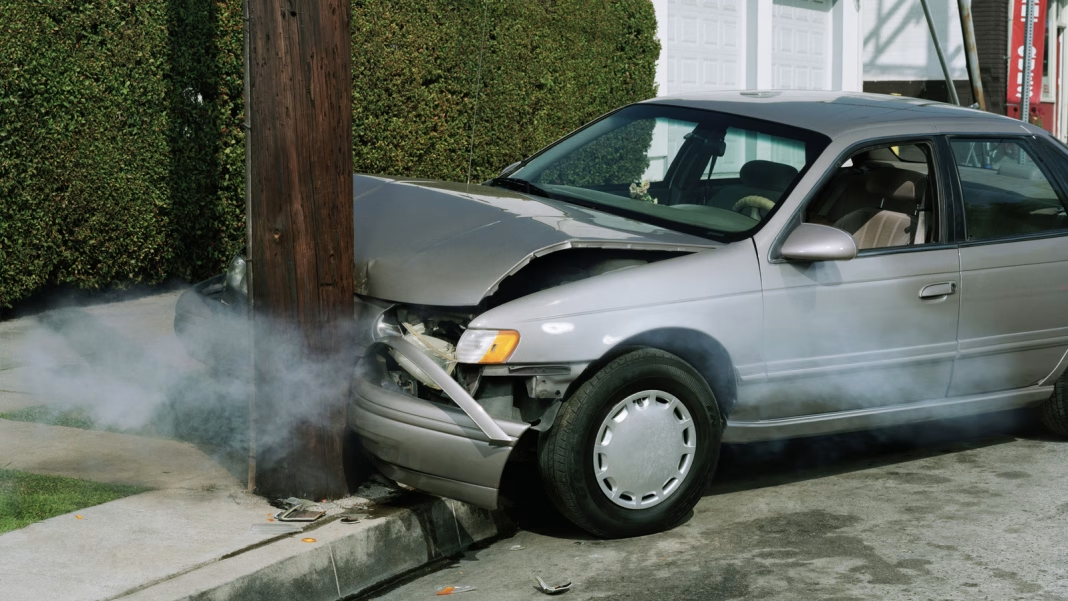What Happens When Your Car Gets Totaled?
Car accidents can be a whirlwind of emotions, leaving you feeling like you’ve just stepped off a rollercoaster. Whether you were the one behind the wheel or caught in someone else’s mishap, the aftermath can be overwhelming. So, what do you do when your car is totaled? Let’s dive into the details.
Understanding a Total Loss
First off, what does it mean when a car is deemed “totaled”? Simply put, it’s when the cost to repair your vehicle exceeds its actual cash value (ACV). Insurance companies typically use this metric to determine whether it’s worth fixing or better to declare it a loss. For example, if your car is worth $10,000 and the repairs are estimated at $12,000, it’s likely going to be considered totaled.
But here’s where it gets tricky. The ACV isn’t just about the sticker price; it factors in depreciation, which can hit hard, especially for newer cars. If you’ve just bought a vehicle and it’s involved in an accident, you might be shocked to learn how much value it’s lost in a short time.
What to Do After a Total Loss
If you find yourself in the unfortunate situation of having your car totaled, here are some steps to take:
1. File a Claim: Contact your insurance company as soon as possible. They’ll guide you through the process and help you understand your coverage.
2. Gather Documentation: Keep all records related to the accident, including police reports, photos of the damage, and any medical bills if injuries were involved. This documentation can be crucial in negotiations with your insurance company.
3. Understand Your Coverage: Review your policy to see what’s covered. If you have gap insurance, it can help cover the difference between what you owe on your car and what the insurance pays out.
4. Negotiate the Settlement: Don’t accept the first offer from your insurance company without doing your homework. Research the market value of your car and be prepared to negotiate if you feel the offer is too low.
5. Consider Your Next Steps: Once you receive your settlement, you’ll need to decide whether to buy a new car, lease, or perhaps even explore public transportation for a while. Each option has its pros and cons, so weigh them carefully.
The Emotional Toll
Let’s not forget the emotional aspect of dealing with a totaled car. It can feel like a significant loss, especially if you had a strong attachment to your vehicle. Taking time to process your feelings is just as important as handling the logistical side of things. Talk to friends or family about your experience; sometimes, just sharing your story can help lighten the burden.
Real-Life Example: A Friend’s Journey
A friend of mine recently went through this exact scenario. After a minor fender bender turned into a total loss, she was initially devastated. Her car was her pride and joy, and she felt lost without it. However, she took the time to gather her documents, filed her claim, and even researched the value of her car. After some back-and-forth with her insurance company, she managed to secure a settlement that allowed her to purchase a newer model. What started as a stressful situation turned into an opportunity for an upgrade.
Finding the Silver Lining
Accidents are never fun, but they can lead to unexpected opportunities. Maybe you’ll find a better vehicle that suits your needs or even discover a new mode of transportation that you hadn’t considered before.
The big takeaway? Dealing with a totaled car isn’t about perfection—it’s about smarter adjustments. Start with one change this week, whether it’s researching your insurance policy or exploring new car options, and you’ll likely spot the difference by month’s end.

